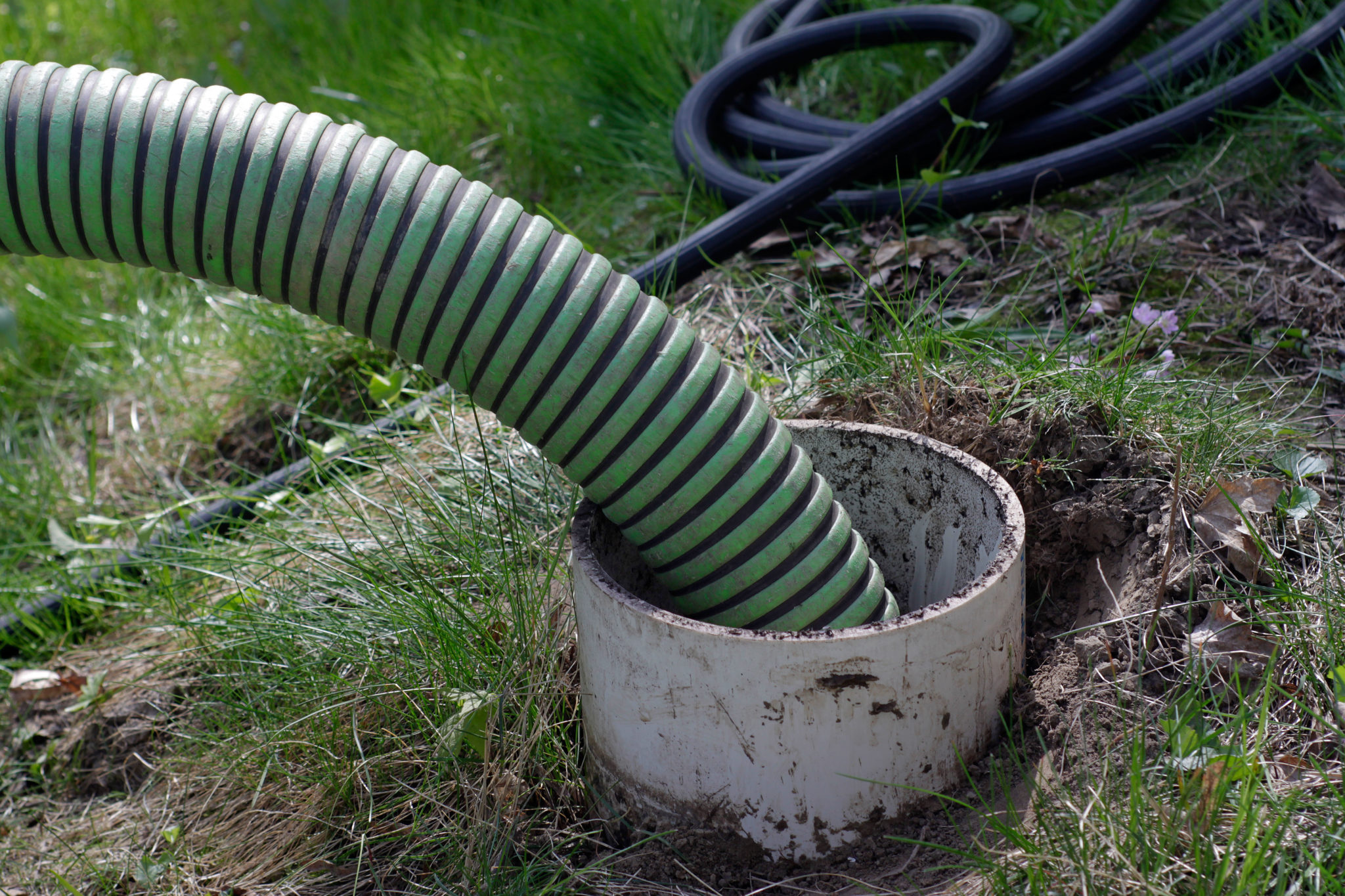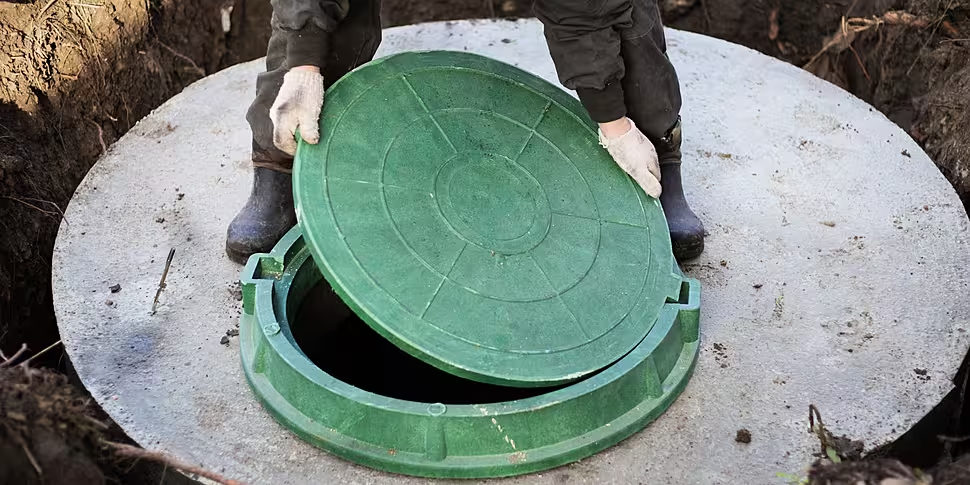Faulty septic tanks are putting people’s health and the environment at risk, the Environmental Protection Agency has said.
Research by the organisation found that of 1,143 inspections of domestic waste water treatment systems carried out in 2022, of which 560 (49%) failed because they had not been built or maintained properly.
In addition, 230 treatment systems were judged a risk to human health or the environment.
“If not built and operated properly, they [septic tanks] can pollute watercourses and contaminate household drinking water wells with harmful bacteria and viruses,” Dr Tom Ryan of the EPA said.
“Where septic tanks are not functioning properly, it is critical that householders fix the problems to protect their family’s health, and the environment.”
 Septic pumping in April 2010. Picture by: Lyroky / Alamy Stock Photo
Septic pumping in April 2010. Picture by: Lyroky / Alamy Stock PhotoThe survey also found there were 550 cases of septic tanks that had yet to be fixed two years after they were found to be faulty - something Dr Ryan said was “unacceptable”.
“Half of these involve sewage surfacing in gardens and discharging to ditches and streams, which are health risks that cannot be allowed to continue,” he said.
“Greater enforcement is needed by local authorities, particularly in Roscommon, Waterford, Leitrim and Tipperary, to ensure failed systems are fixed to protect human health and the environment.”
Under the EPA’s National Inspection Plan for Domestic Waste Water Treatment Systems 2022 - 2026, inspections will increase from 1,000 to 1,200 from this year onwards.
Main image: A worker installs a sewer manhole on a septic tank made of concrete rings. Picture by: Alamy.com









